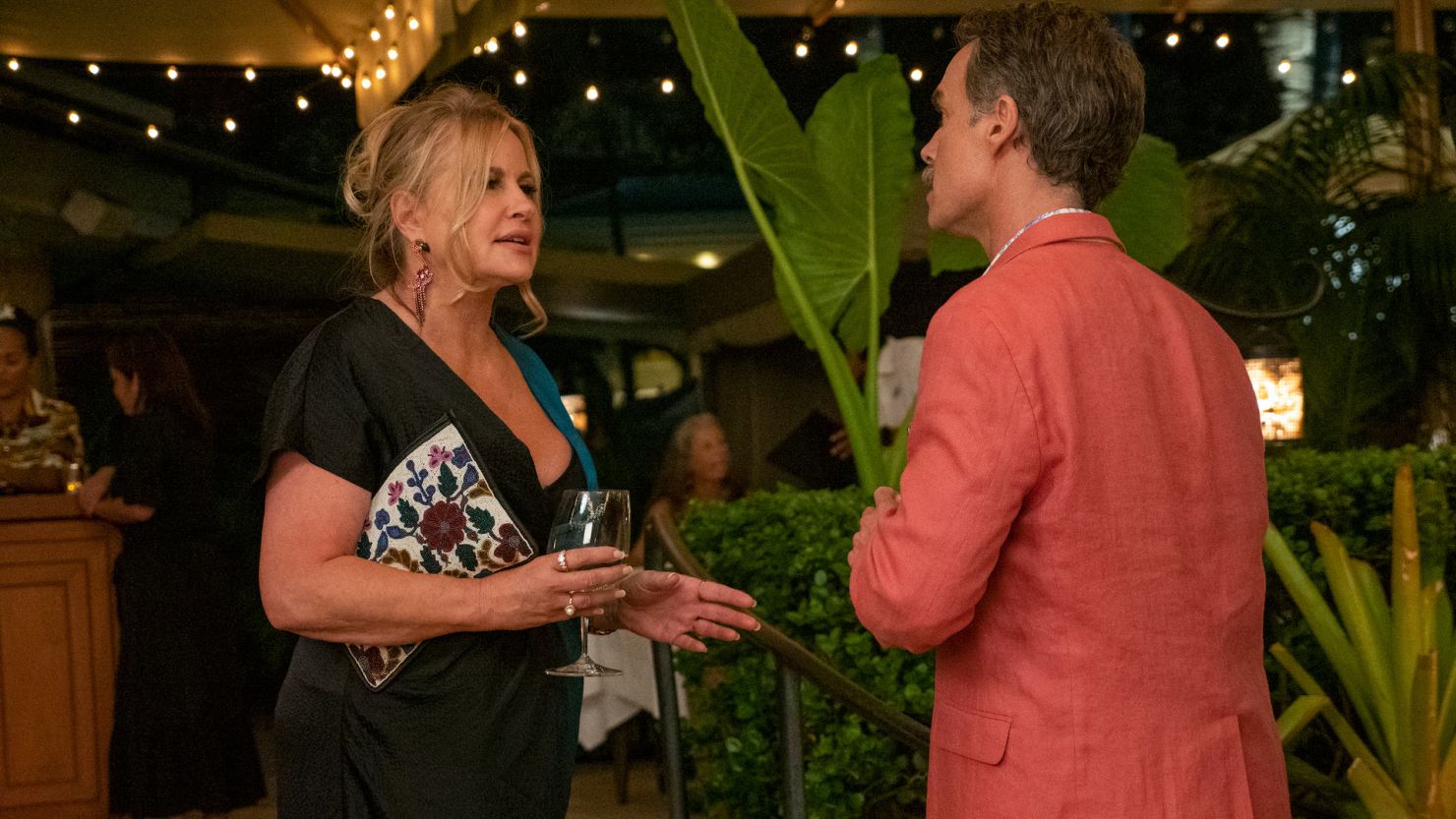Editor’s Note: The following contains spoilers about “The White Lotus” finale, which premiered Aug. 15.
“The White Lotus” was great (Sunday’s finale likely produced as many memes as viewers), as was “Mare of Easttown,” marking a pretty terrific year for HBO limited series, and it’s only August.
Still, there’s a degree of ambivalence about HBO’s announcement that “The White Lotus” will return, even with a new cast and new setting – reflecting the challenges posed by the current dynamics of prestige TV.
“The White Lotus” can theoretically go in a lot of different directions, but let’s hope “True Detective,” Season 2, isn’t one of them.
In television and movies, the guiding philosophy is that anything done well is worth doing again. The first medium has also become infinitely richer since it began offering more limited series, shows that tell a finite story with a clear beginning, middle and end.
That’s a far cry from the formula that has traditionally guided the TV business, which hinged on coming up with a concept – think “Law & Order” – and replicating it for as long as an audience would keep showing up for it.
The allure of the streaming age has included a shift toward shorter commitments, allowing viewers to catch up and consume something like “White Lotus” (on HBO Max once it’s all over, that is) in a single weekend. Once the experience is completed, it’s onward to the next title, although with something this good, not necessarily upward.
The show’s finale paid off multiple storylines, the most notable being the death of hotel manager Armond (Murray Bartlett), who was pushed to his breaking point. Yet there were tragedies large and small, such as the dashed hopes of spa manager Belinda (Natasha Rothwell) and the flirtation by Rachel (Alexandra Daddario) with leaving her newlywed husband (Jake Lacy), whose character revealed itself over the course of the trip.
With writer-director Mike White having created something this enticing (and a track record for eccentricity that goes beyond it), one can understand why HBO would be reluctant to let such a franchise go. (Like CNN, HBO is a unit of WarnerMedia.)
“True Detective,” however, which premiered in 2014, remains an early cautionary tale, with the second season demonstrating that there can be a sizable gap between an original concept that captures the audience’s imagination and a follow-up that even with the same title, creative pedigree and new big-name actors seeks to recapture that magic. With the sense of discovery gone, hitting such a high bar again becomes a more formidable challenge.
It’s no mystery why networks and streaming services would seek to capitalize on the buzz surrounding something like “White Lotus” or “True Detective,” knowing that the media attention and expectations will be more intense – did they do it again? Or is it a disappointment? – than a wholly new show with a name like “The Green Orchid” or “Honest Sheriff.”
A third edition of “True Detective” starring Mahershala Ali, notably, improved considerably on the second, underscoring the old adage that “Nobody knows anything” in Hollywood, and that you can’t judge a book – or TV show – by its title, as tempting as that might be.
Still, if you come away from a limited series feeling fulfilled and thinking “How can they possibly top that?,” if you have to ask, the odds are pretty good that they can’t.




